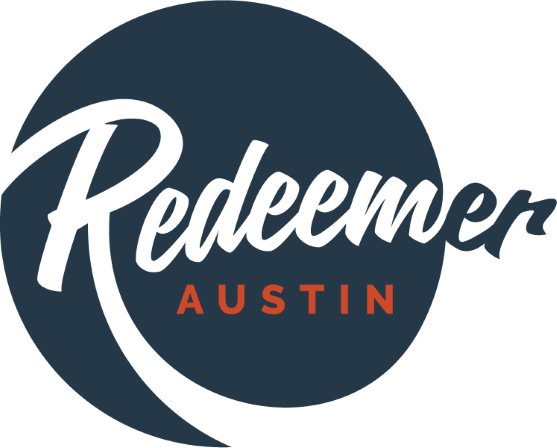United at Last
In 1960, Otto Preminger provoked controversy with his movie Exodus. Based on Leon Uris’ novel, it provides a fictional account of Jewish refugees emigrating to Palestine after World War II. The film concludes with the bodies of a young European-Jewish girl and an Arab man, both murder victims, buried in the same grave in what would soon be the nation of Israel.
Preminger leaves the conclusion to us. Is this a metaphor for despair, a dream forever buried? Or is it a symbol of hope, as two peoples with a history of hatred and hostilities come together—in death and in life?
Perhaps the sons of Korah, credited with writing Psalm 87, would take the latter view of this scene. They anticipated a peace we still await. Of Jerusalem, they wrote, “Glorious things are said of you, city of God” (v. 3). They sang of a day when nations—all with a history of warring against the Jewish people—will come together to acknowledge the one true God: Rahab (Egypt), Babylon, the Philistines, Tyre, Cush (v. 4). All will be drawn to Jerusalem, and to God.
The conclusion of the psalm is celebratory. People in Jerusalem will sing, “All my fountains [springs] are in you” (v. 7). Who are they singing of? The One who is the Living Water, the Source of all life (John 4:14). Jesus is the only one who can bring lasting peace and unity.
By Tim Gustafson - Daily Bread Ministries
Psalm 87 (NIV):
Of the Sons of Korah. A psalm. A song.
1 He has founded his city on the holy mountain.
2 The Lord loves the gates of Zion
more than all the other dwellings of Jacob.
3 Glorious things are said of you,
city of God:
4 “I will record Rahab and Babylon
among those who acknowledge me—
Philistia too, and Tyre, along with Cush—
and will say, ‘This one was born in Zion.’ ”
5 Indeed, of Zion it will be said,
“This one and that one were born in her,
and the Most High himself will establish her.”
6 The Lord will write in the register of the peoples:
“This one was born in Zion.”
7 As they make music they will sing,
“All my fountains are in you.”

